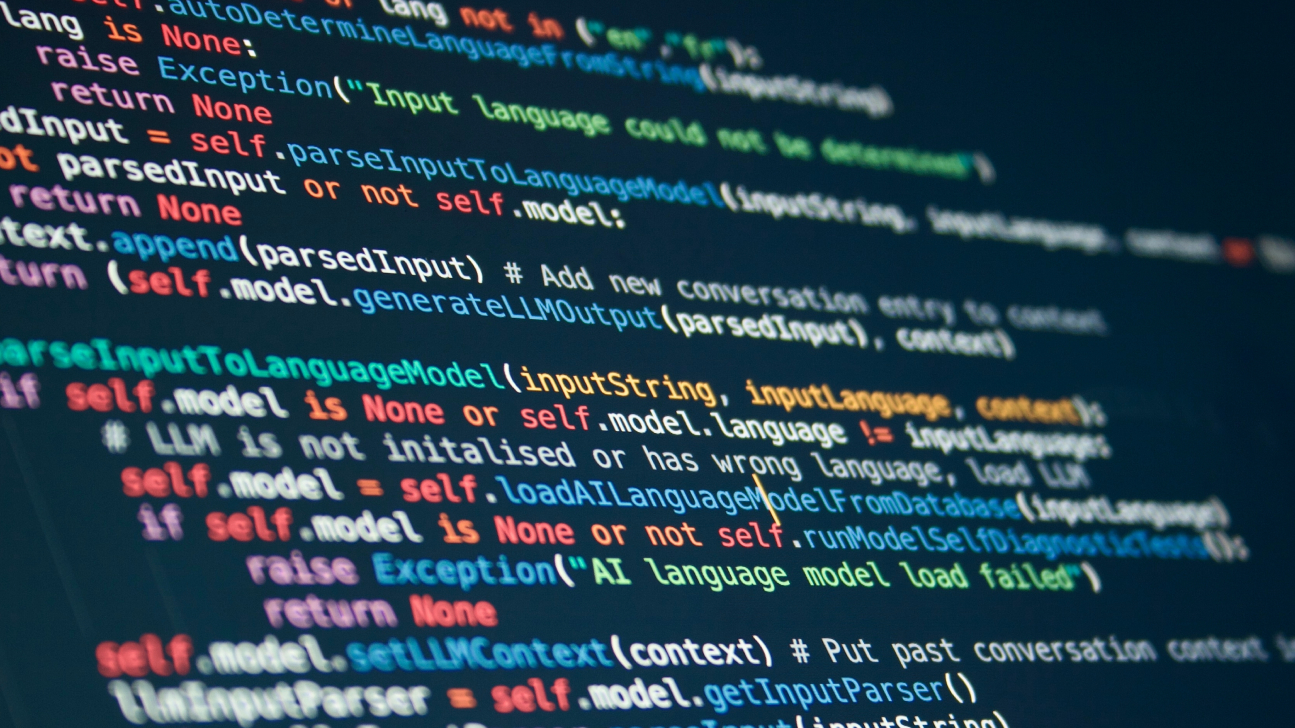The war on fake news can be won
Thursday, December 22, 2022

Tackling the threat posed by fake news can seem insurmountable because of the speed and scale with which it spreads. But Preslav Nakov, professor of natural language processing at MBZUAI and a world expert on disinformation, is confident we can turn back the tide.
He argues that, by being taught to detect fake news based on the type of language and sentence structure used, AI systems can outpace human fact-checkers and alert them before the content goes viral. By learning to find the most common sources of fake news rapidly, AI could even be able to halt it at source, by flagging domains that should be blocked.
Nakov is one of the leading experts on “fake news”, disinformation, fact checking, propaganda, and media bias detection and has published numerous research papers on solutions and stop-gaps for the ever-growing online social media infodemic. His research has been featured in more than 100 news outlets, including MIT Technology Review, Communications of the ACM (Research Highlights), Forbes, Boston Globe, Science Daily, Popular Science, Fast Company, The Register, WIRED, and Engadget.
Prior to joining MBZUAI, Nakov worked at the Qatar Computing Research, HBKU where he was a principal scientist. Previously, he was a research fellow at the National University of Singapore (2008–2011) and a researcher at the Bulgarian Academy of Sciences (2008). He has been an honorary lecturer at Sofia University, Bulgaria since 2014.
Related
LLMs 101: Large language models explained
LLMs are a staple of AI, but what exactly are they? Our 101 guide breaks down the.....
- natural language processing ,
- open source ,
- nlp ,
- large language models ,
- llm ,
- llms ,
- LLM360 ,
- tokens ,
AI and the Arabic language: Preserving cultural heritage and enabling future discovery
The Arabic language is underrepresented in the digital world, making AI inaccessible for many of its 400.....
- United Nations ,
- atlas ,
- language ,
- Arabic LLM ,
- jais ,
- large language models ,
- llms ,
- Arabic language ,
Solving complex problems with LLMs: A new prompting strategy presented at NeurIPS
Martin Takáč and Zangir Iklassov's 'self-guided exploration' significantly improves LLM performance in solving combinatorial problems.
- machine learning ,
- neurips ,
- llms ,
- problem-solving ,
- prompting ,
- processing ,


